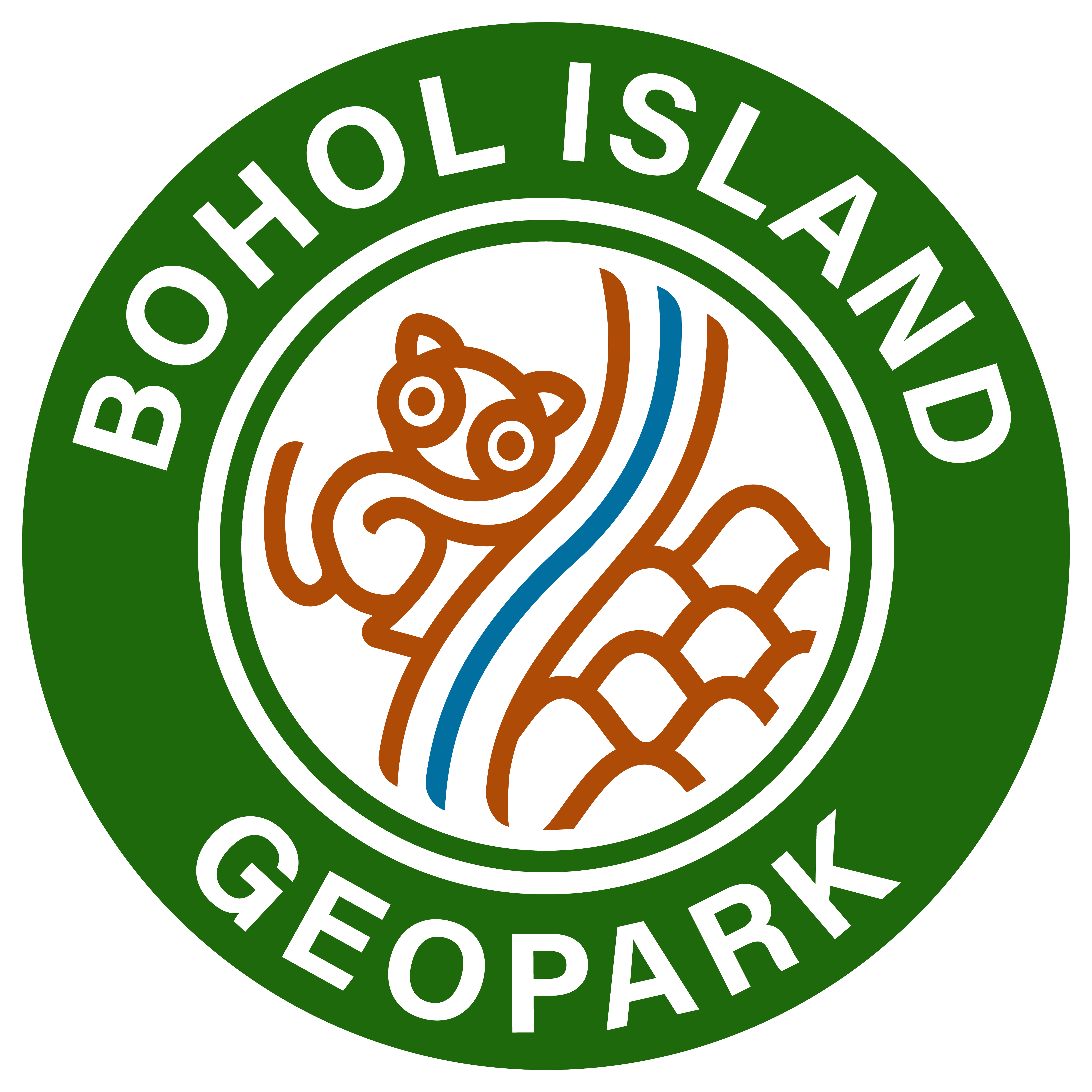Emerging young Boholano writers participated in a writing workshop on responsible journalism and accurate reporting on the climate crisis and its effect on local communities in Bohol on Nov. 24-26.
writers from school publications in Bohol participated in the three-day activity where they taught about evidence-based reporting, feature writing, photojournalism, and proper documentation of environmental issues affecting Boholanos such as rising sea levels, hotter temperatures, and severe storms.
Organized by the provincial government’s Center for Culture and Arts Development and the Bohol Arts and Cultural Heritage Council, the activity was intended to equip writers with the skills for accurate reporting and provide platforms to share the stories of at-risk communities disadvantaged by the climate crisis.
The Global Climate Risk Index (CRI) in 2021 ranked the Philippines as the 17th in the world as the most affected country by extreme weather events, a reality that Boholanos experienced when Typhoon Odette hit the province in 2021 that cost billions in damages.
“We want to be solutions-based in our approach as we aim to develop young, Boholano writers to properly communicate environmental concerns, issues, and solutions/action,” said Procopio “Cooper” Resabal Jr., an environmental journalist who spearheaded organizing the activity.
Resabal conceptualized this event to shed light on issues commonly found in local journalism and raise environmental awareness, from disinformation and climate crisis denial to political realities and the implications of reporting on pressing matters about the environment.
A Global Witness report showed the Philippines ranked fifth among the most dangerous place in the world for land and environmental defenders with 11 people killed in 2022.
The country is ranked eighth among dangerous countries in the world for journalists according to the 2023 Global Impunity Index released by the Committee to Protect Journalists.
Participants were also briefed about the province’s current environmental situation with reports from the Bohol Provincial Environment Management Office.
Bohol is the 10th largest island in the Philippines with a high diversity of flora and fauna but is considered a biodiversity hotspot, an area with a significant number of threatened or endangered species.
On Day 2, the students engaged in fieldwork activities in different communities and biodiversity areas in Bohol where they were tasked to create photo essays, write non-fiction stories, report on their observations, and write data gathered on local ecological knowledge.
The outputs they’ve created are then presented at the culmination of the activity on Day 3.
This activity is in line with Environmental Awareness Raising Month, observed annually in November, under Republic Act 9512 or the Environmental Awareness Education Act of 2008, an act that promotes environmental awareness among Filipinos, specifically the youth.
